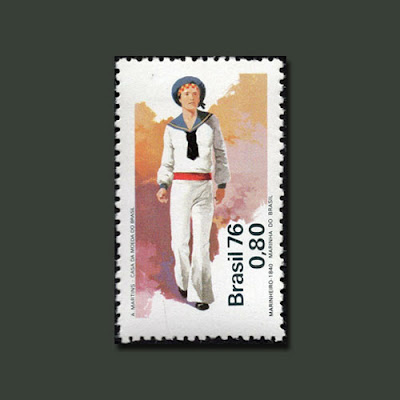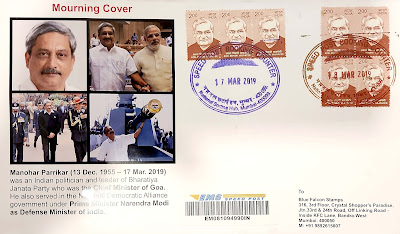Malta became a republic on 13 December 1974, when it officially ceased to be a Commonwealth realm and became a sovereign republic within the Commonwealth of Nations. However, Malta celebrates its Republic Day on December 13th to mark this significant event in its history.
On Republic Day, various events and activities take place across the country, including official ceremonies, parades, and cultural events. The day is a public holiday, and it is an occasion for Maltese citizens to reflect on their national identity and the milestones in the country's political history.
For the most current and accurate information about Republic Day celebrations in Malta, especially if there have been any changes or developments after my last update, it's recommended to check with local authorities, official government sources, or reliable news outlets in Malta.
.webp)








